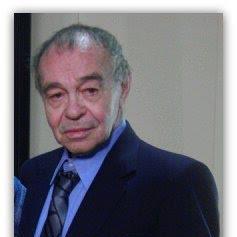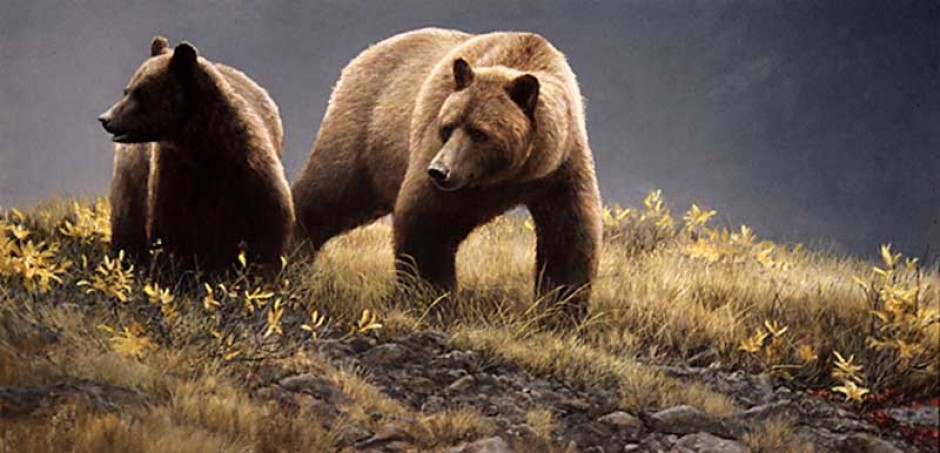Hank Adams, once described by Vine Deloria, Jr. as being “The most important Indian” in the country, will be delivering the keynote address at the Seventh Vine Deloria, Jr. Indigenous Studies Symposium, July 12-14, 2012. The title of his talk will be “The Keys at the Fingertips of Vine Deloria, Jr.” Adams, a close personal friend of Delorias, is one of the iconic figures in the American Indian civil rights movement. An Assiniboine-Sioux from Montana, he moved to the Northwest as a youth and never left. It would be difficult to find an event during the turbulent 1960s and 1970s that Hank Adams was not involved in. He was a central figure in the struggle of the Northwest coast tribes to secure their inherent fishing rights. As a member of the National Indian Youth Council (NIYC), then later with his own organization which he founded and still directs – the Survival of American Indians Association – Adams helped to organize the first protests and “fish-ins.” In 1971 he was shot in the stomach while guarding Indian fishing nets, allegedly by white fishermen. Adams and the other Indian fishing activists perserved, and eventually their acts of resistance not only helped bring about the landmark court case U.S. v. washington – the Boldt decision – but proved to be the impetus for an entire movement. Hank Adams was everywhere during this time period: Alcatraz, the Trail of Broken Treaties caravan, and Wounded Knee were just a few of the evejnts in which he played a key role in. Adams was in many respects the “intellectual genius” of the movement, and wrote numerous position papers, including “The Twenty Points,” regarded as one of the most comprehensive Indigenous policy proposals ever devised. Recently Dr. David E. Wilkins edited a collection of his best writings in a volume entitled The Hank Adams Reader (2012). In 2006, Indian Country Today named Hank as recipient of its third (Billy Frank, Jr. and Deloria being the first and second respectively) American Indian Visionary Award. Recently Hank Adams was awarded an honorory doctorate degree in Native leadership from Northwest Indian College. 
Photo by Kimberly Adams
